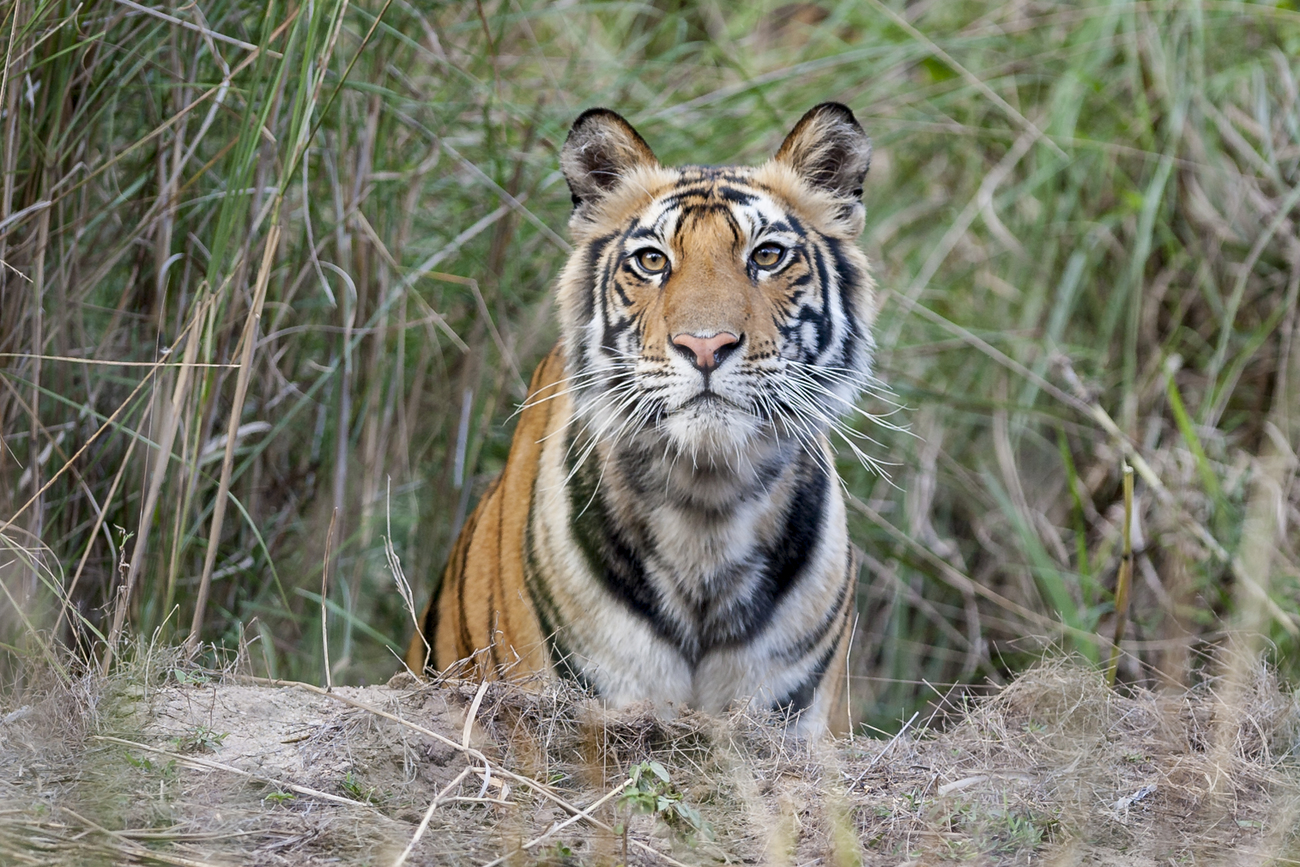endangered species day: a call to action
endangered species day: a call to action

Today is Endangered Species Day, as is the third Friday in May every year. While this day represents an opportunity to celebrate our planet’s rich biodiversity, it is also a reminder that the complex ecosystems upon which we rely are fragile and increasingly imperiled. It’s a reminder that species around the globe are on the brink of extinction – many as a result of human activities.
This Endangered Species Day is even more somber than usual, because we are in a situation like no other in living memory: COVID-19 has shut down daily life across the globe, crippling economies, infecting millions, and – most tragically - killing hundreds of thousands of people. And, alarmingly, this virus is the direct result of human exploitation of wildlife and our planet.
Last May the Intergovernmental Science-Policy Platform on Biodiversity and Ecosystem Services (IPBES) released a report revealing that as many as one million species are at risk of extinction as a result of human actions. The most destructive of those activities are habitat disruption and over-consumption of wildlife. Importantly, those drivers of extinction are also key drivers of zoonotic spillover, the process of viruses transferring from animals to human beings.
But in the midst of the anxiety, grief, and general chaos of this moment, there is true reason for hope. We have the tools to make lasting changes that are necessary to transform our relationship with the natural world, safeguarding the wellbeing of other species and our own.
Habitat protection and restoration
Conserving existing habitats and restoring others is one of the most important things we need to do in order to protect species against extinction. It is also a critical part of protecting against future pandemics. In terms of public policy, that will mean prioritizing habitat and ecosystems at every level, including strengthening laws, providing for robust enforcement, and allocating substantial resources to programs that support conservation and restoration. We must demand meaningful investment in these practices from officials at all levels of government and in every nation.
We can also take action in our daily lives. When we do our shopping, we can buy nature-friendly products from stores that practice sustainability. And even more locally, we can contribute to native habitat –from potted native flowers on your apartment windowsill as food for pollinators, to a native garden complete with fruit and nut trees on your rural farmland, there are numerous ways we can provide areas of habitat for native species. We can also be good neighbors to our local animals and plants, and learn to coexist with wildlife responsibly.
Keeping wildlife in the wild
Stopping the trade in wildlife – whether for food, as pets, or for other purposes, is also critical to the protection of species around the globe, including our own. Human demand has caused the precipitous decline of terrestrial species like elephants and tigers, and is the single biggest driver of declines in marine species. Here again, strong laws, diligent enforcement, and substantial investments are critical to ending the practices that have driven so many species toward extinction, as are global coordination and cooperation.
But the consumption of wildlife is driven by demand, so we all have a part to play in keeping wildlife in the wild. Each of us can decide not to buy wildlife or wildlife parts or products, and we can encourage our friends and family to do the same. We can also choose not to support businesses that exploit wildlife, like roadside zoos and pseudo-sanctuaries that allow members of the public to handle tiger cubs or other wild animals. And we urge our leaders to protect these species as well.
Today will not be our last Endangered Species Day, but it can be a critical call to action. We must transform our relationship with our natural world, recognizing that we are a part of that world, and not separate from it. That means making individual decisions that respect species and ecosystems, and calling on governments to do the same.
-Kate Wall, Senior Legislative Manager, US
Related content
Our work can’t get done without you. Please give what you can to help animals thrive.